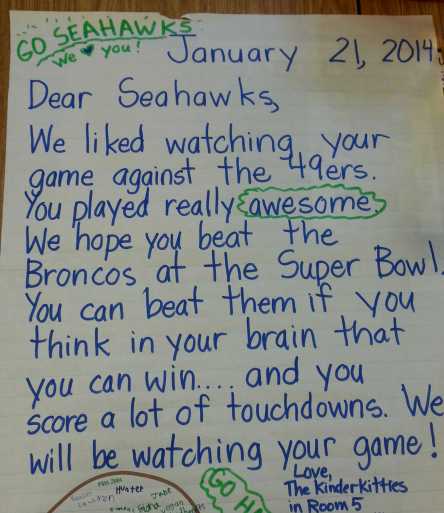It had been a long, tiring day, and I was finally cleaning up, getting ready to head home to do…homework. The kids had been exceptionally loud, ignoring me and all the other tutors (who, to be honest, usually leave it to me to be “bad cop,” and who can blame them) and directions to settle down, stop hitting each other, stop with the paper airplanes, don’t leave until your parents have signed you out, we don’t use those words, etc. etc. I was at the end of my wits, asking myself “Why won’t they listen to me? What am I doing wrong?!” as I’m hurriedly putting materials away, nudging children out the door, reminding them they need to be signed in and out by a parent or guardians. And then this kid, this kid who has left me physically and mentally exhausted every session, this kid who tells me I make too many rules, says to me:
“You’re the meanest lady I know.”
There was no venom, no hatred or angry tone behind the words…just a cool, observable fact. As soon as he’d said it, though, I could see in his face that he knew he’d crossed an invisible line, that maybe it was mean. But it was said and he couldn’t take it back.
I didn’t really know what to say in response, but my pride took over and I simply said, “Well, thank you, Raymond,” (not his real name) and went about finishing my job.
I didn’t know, and I honestly still don’t know, what the best response would have been. Should I have been stern and firmly told him that was rude and he shouldn’t speak to people that way? Should I have told him it hurt my feelings (which it did)? Should I have scolded him and reminded him that I’m the adult and he just can’t talk to me that way? I just don’t know that any of those responses would have been better than mine.
But I’ve been thinking about this event a lot, about how I could have reacted and turned into a teaching/learning moment (for both of us), about how this will affect the way I interact this child from here on out. And it was this event that sprung into my mind immediately when reading about “gritty love” and the role love plays in the teaching profession in John Spencer’s A Sustainable Start.
Grit means to keep on keepin’ on, it means having tenacity and the refusal to let barriers ruin you. So to me, Spencer’s idea of “gritty love” means loving when it’s easier not to, loving even when there’s no reward, loving even when your love is handed back to you, loving especially those who make it hard for you to love them.
Raymond makes it hard for me to love him. He still doesn’t follow my directions, he still actively ignores me when I try to redirect him towards a more productive task than using the straws I’d intended for a bride-building activity as spitball weapons. I still tell him to follow directions, to listen to his tutors, to not stand on the furniture, to read to himself or read a book to one of the younger kids, to put the candy away because it’s a distraction. I’m pretty sure all this still makes me the meanest lady he knows.
My dad tells me this is “a compliment.” My readings and my peers tell me it’s good to have structure and high expectations and to keep them consistent and that after a while he’ll appreciate these things and he only said what he said because he knows it’s safe for him to do so. I think it’s that last part I want him to know the most. That I’m the meanest lady he knows because I care about his mind and his safety and it’s more important for him to succeed than to like me. Little does he know that he’s giving me a lot of practice in gritty love.
Have you ever worked with a student who seems to make every attempt to test your patience? How have you responded, and did it ever change?
